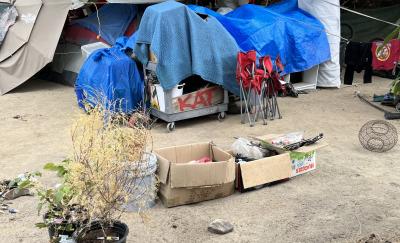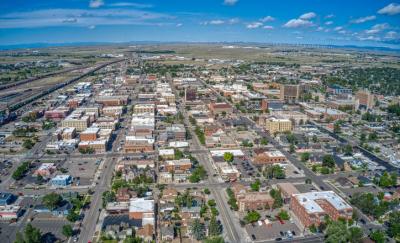Helping renters build assets and move out of poverty by scaling HUD’s best kept secret


BROOKINGS THE AVENUE: As families living in some types of HUD-assisted housing earn more money, their housing subsidy decreases meaning, essentially, that their rent goes up. This dynamic makes it difficult for families to build savings and arguably discourages them from increasing their earnings. HUD’s Family Self-Sufficiency (FSS) program provides an incentive for residents to earn more: the portion of the housing subsidy that would typically by withheld and offset by new earnings is instead set aside as savings for the family.
Compass Working Capital’s Markita Morris-Louis wrote about the impact of the Family Self-Sufficiency and Rent to Save programs for Brookings, and cited Abt’s evaluation of a pilot opt-out savings program implemented by Compass and the Cambridge Housing Authority. “Abt Global found that participants earned more and received less public assistance than comparable households not enrolled in FSS,” writes Morris-Louis. “On average, participants graduate with over $8,000 in savings.”
Read More
Housing, Comunities & Asset Building in North America

Shelter from the Storm: Addressing the Dual Crisis of Extreme Weather and Homelessness
Homeless response systems need support to strengthen their resilience to extreme weather shocks and the disproportionate harm that extreme weather has on people experiencing homelessness.

Understanding Homeless Encampments in Long Beach, L.A. River Basin, and San Fernando Valley
A Conrad N. Hilton Foundation-funded, Abt-led evaluation studied three encampments in Los Angeles.

Rental Housing Results from Low-Income Housing Tax Credits
Abt is merging databases with information on rental housing results from low-income housing tax credits to inform decision-making.

Wyoming Turns to Abt to Create Statewide Housing Plan
The State of Wyoming has turned to Abt Global to help it rapidly and effectively address its housing shortage by creating a statewide action plan.